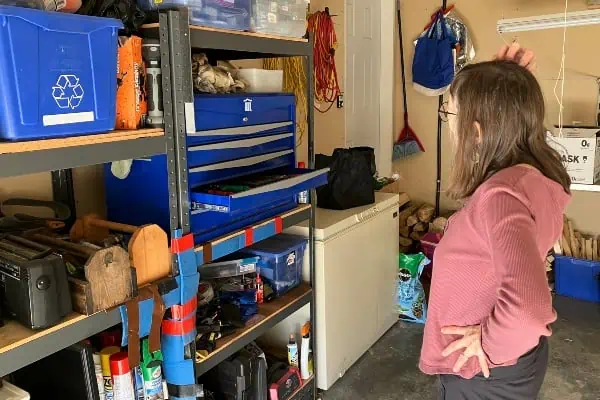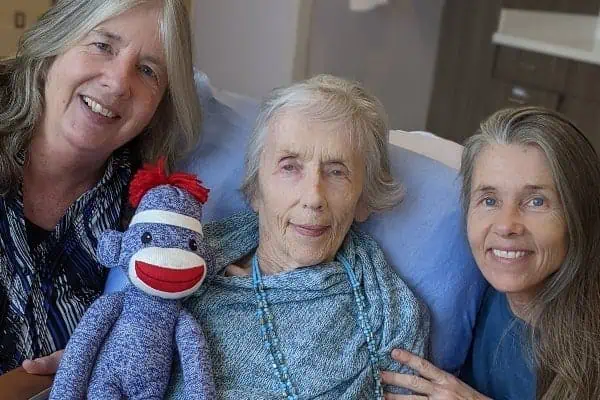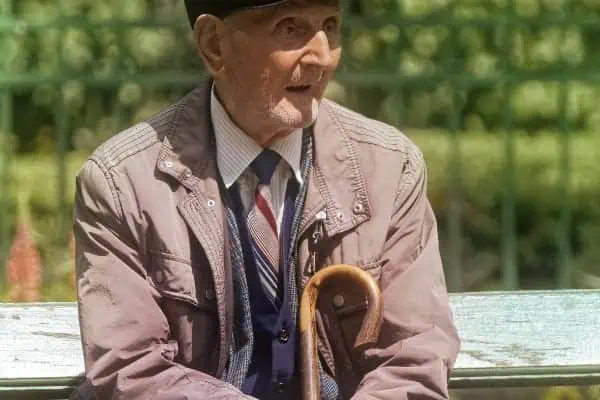In Canada, the number of people over the age of 65 has doubled since 1951. Our life expectancy has increased dramatically and now sits at an average of 80 years.
Given these statistics, resources for our ageing population has become an issue of importance to the medical community and social support services. One area of our ageing population that has not been addressed adequately is our gay and lesbian seniors.
McGill University created a study that asked: “Who are gay and lesbian seniors in Canada and what are their experiences of accessing health and social services?
“What are the experiences of caregivers who provide support to gay and lesbian seniors?
“How are gay and lesbian seniors perceived by health and social service providers and are there any institutional supports for gay and lesbian seniors in the health and social service system?”
They found that to date, it has been difficult to answer these questions because we know so little about gay and lesbian seniors themselves – their histories, realities and experiences of care.
The absence of information about the health and health care needs of gay and lesbian seniors and their caregivers stems largely from a lack of exposure to their realities in the health care system.
This is so for a variety of reasons including a lack of interest on the part of health and social service institutions to consider their specific needs and a general mistrust of health care professionals and systems on the part of gay and lesbian seniors themselves.
Gay and lesbian people of all ages, but particularly those who are now 60 years of age and older and who lived their young adult lives at a time of great hostility toward gay and lesbian people, have experienced a variety of discriminatory attitudes and practices in the health care system which have contributed to their reluctance to reveal their identities, voice their concerns to health care practitioners and use health care services.
What results is a lack of recognition of gay and lesbian seniors and their caregivers and a system that is unprepared to address their unique needs and realities.
They interviewed 90 homosexual seniors to find out what their experiences have been in the health care and social service institutions and came up with a set of objectives to address their unique issues.
They called these objectives: put “A. S.T.O.P.” to institutionalized homophobia and heterosexism through advocacy such as creating sensitive residential and long-term care services.
Social and political voice would create empowering conditions for seniors in social organizations.
Training and education programs are needed for professionals working in health care and social organizations and gay and lesbian curriculum in universities.
Outreach and Policy would create a “family of choice” policy and increase funding for programs.
A similar study in the U.S. found some positive differences that senior homosexuals had over their heterosexual counterparts. One in particular was the fact that homosexual people had a bigger social network. They relied less on direct family but had created a strong family network of friends.
Many gay seniors spent their lives enduring homophobic treatment in areas like housing where they were kicked out of their homes by homophobic landlords. Gay and lesbian senior housing and retirement communities are already a reality in many parts of the country. It is a big step to helping a marginalized population find support and acceptance.




